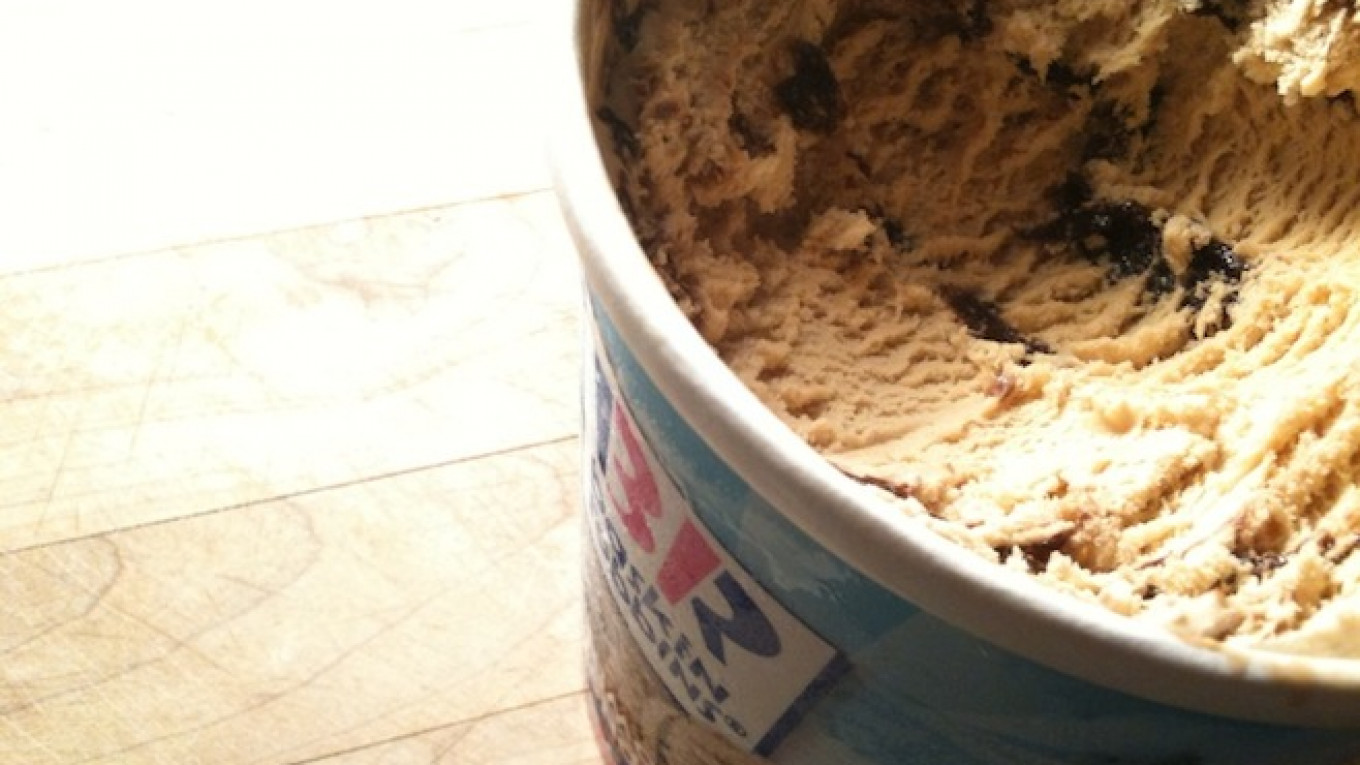A Russian lawmaker has requested an inquiry into the ingredients used by Baskin-Robbins, the world's largest ice cream chain, as Russia's face off with the West over Ukraine heats up and antipathy for U.S. fast food mounts among Russian officials.
Yevgeny Fyodorov, a State Duma deputy, has asked the Federal Consumer Protection Service to launch a probe into the quality of Baskin-Robbins products, Izvestia reported Tuesday.
"When it comes to global brands, normally the consumer a priori trusts the quality of these products … But in order to trust, one must all the same check. For example, who could think that serious violations would be found in the chain McDonald's?" Fyodorov told Izvestia.
McDonald's, the world's largest hamburger chain, is already being investigated by the consumer protection watchdog, which in late July reported "violations that put the product quality and safety of the entire McDonald's chain in doubt," according to news agency Interfax.
A new investigation by Russia's sanitary watchdog was soon opened into the cheese that McDonald's uses. Another State Duma deputy later asked the Federal Consumer Protection Service to organize inspections of rival fast food chain Burger King and fried chicken empire KFC, both based in the U.S.
Baskin-Robbins spokesman Mikhail Faynberg told Izvestia his company has never had any quality issues, and has even received certification to deliver ice cream direct to Russia's highest officials.
"We have been a supplier of the Moscow Kremlin since 2009, and for this we had to go through a gigantic number of quality inspections," Faynberg said.
Baskin-Robbins's connections are not only with Russia's political elite: U.S. President Barack Obama reportedly worked scooping ice cream at a Baskin-Robbins as a teenager.
See also:
A Message from The Moscow Times:
Dear readers,
We are facing unprecedented challenges. Russia's Prosecutor General's Office has designated The Moscow Times as an "undesirable" organization, criminalizing our work and putting our staff at risk of prosecution. This follows our earlier unjust labeling as a "foreign agent."
These actions are direct attempts to silence independent journalism in Russia. The authorities claim our work "discredits the decisions of the Russian leadership." We see things differently: we strive to provide accurate, unbiased reporting on Russia.
We, the journalists of The Moscow Times, refuse to be silenced. But to continue our work, we need your help.
Your support, no matter how small, makes a world of difference. If you can, please support us monthly starting from just $2. It's quick to set up, and every contribution makes a significant impact.
By supporting The Moscow Times, you're defending open, independent journalism in the face of repression. Thank you for standing with us.
Remind me later.






